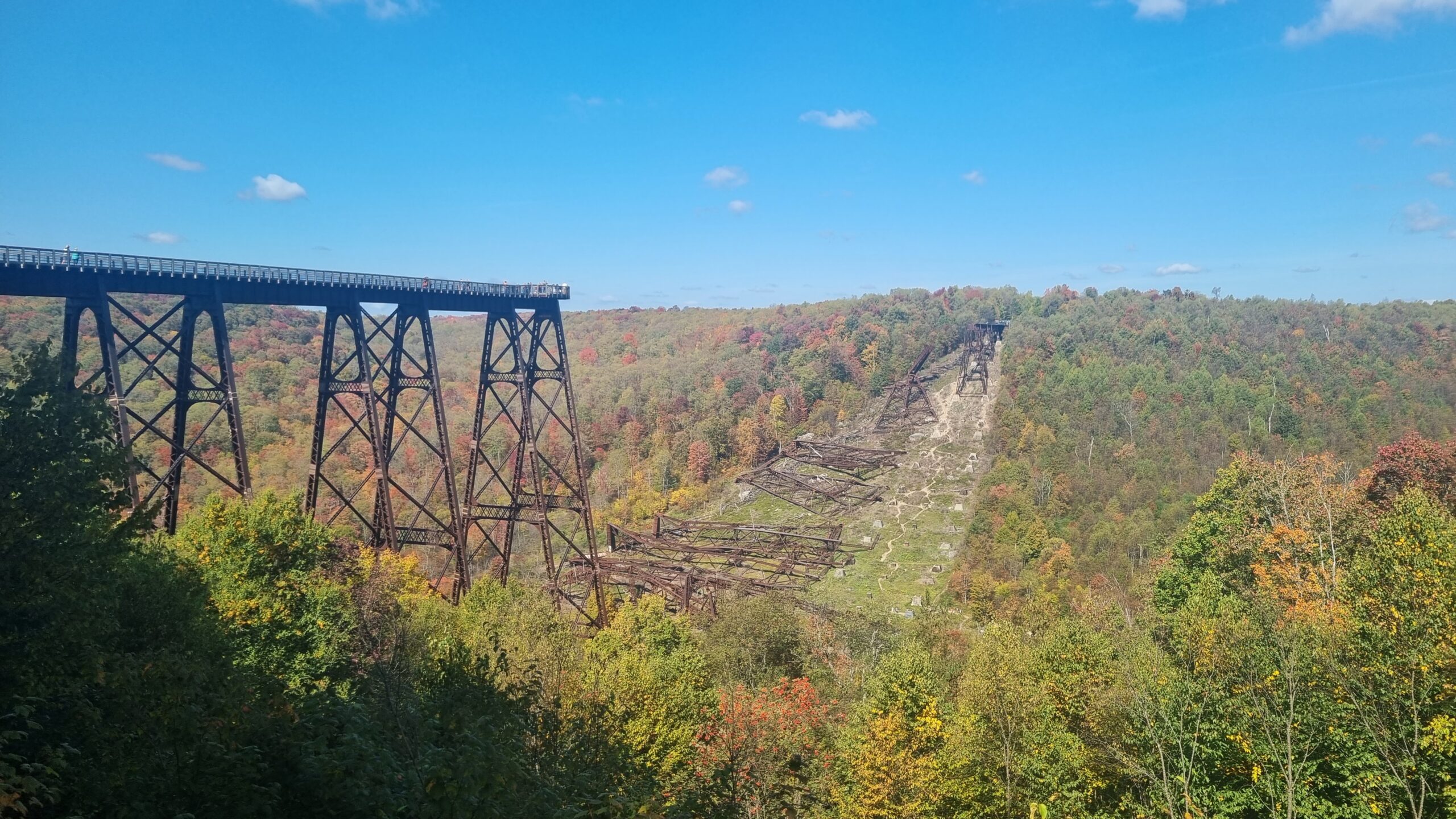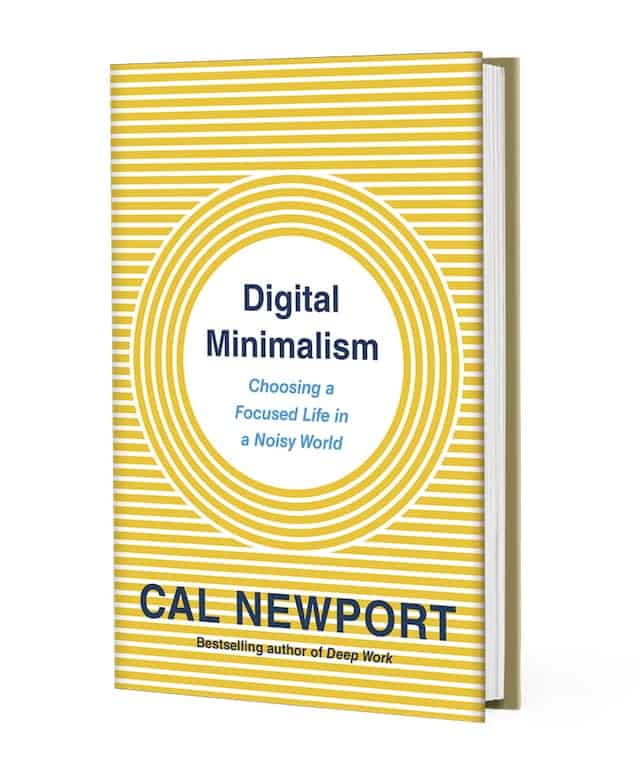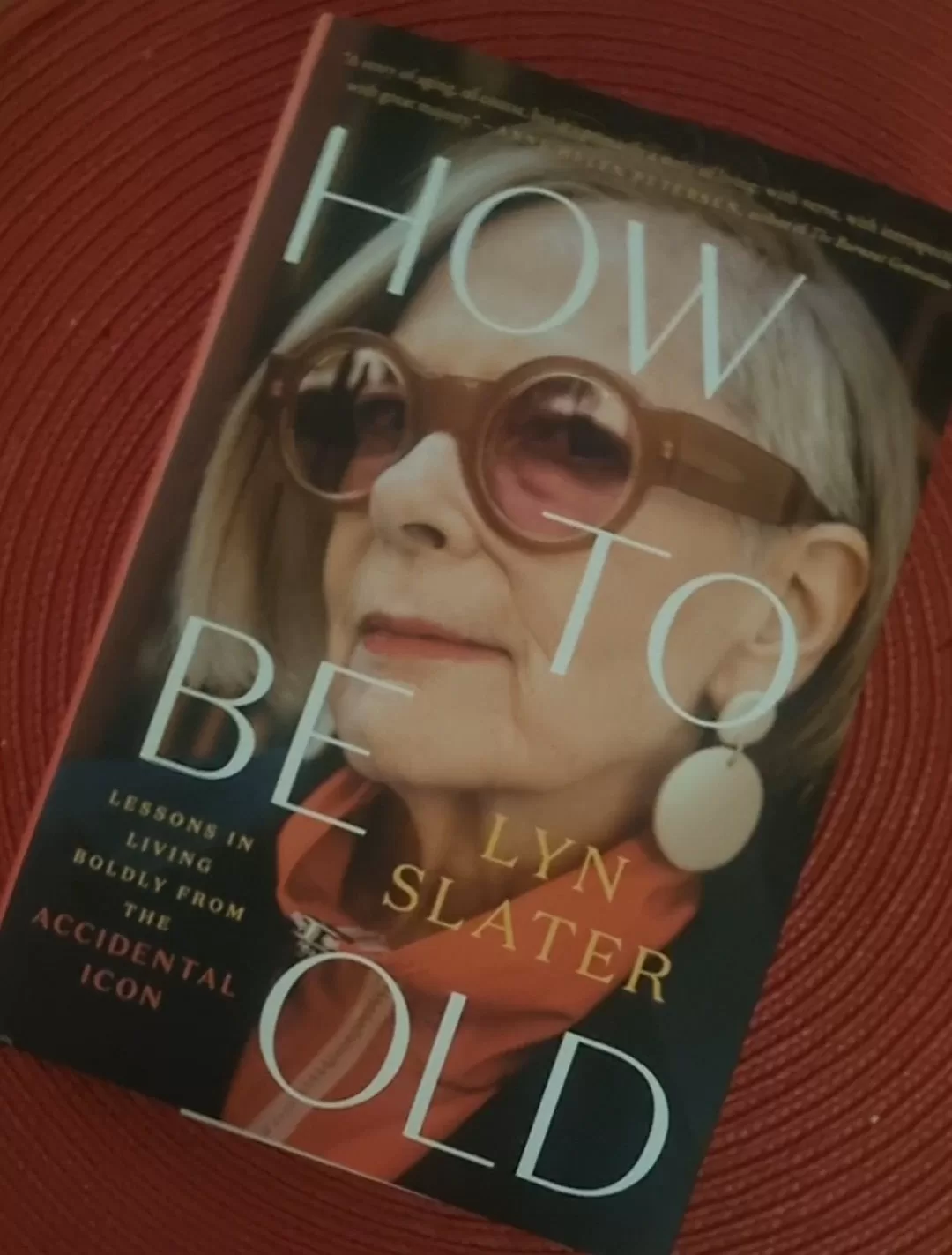This blog discusses psychological trauma and its impacts on individuals and society. If you are experiencing ongoing trauma or are suffering from the impact of previous trauma please seek help from a licensed medical professional.
Yesterday, I attended a training on trauma-informed ESL teaching for refugees and immigrants. The topic of trauma was something that I had already explored on my own due to a personal interest in psychology and the training only scratched the surface of the psychology behind trauma, PTSD, and complex-PTSD. But, the overall message of the training resonated. The trainer explained that teachers should set high standards, but be kind and give their students choices as you never know what they might be going through or why group work or public speaking, for example, may cause anxiety in the classroom.
The call to be kind and give people options, respecting their autonomy and choices, seem like obvious enough principles to apply to all areas of life and yet, so often we are quick to make assumptions and judge people who do things we don’t understand or are not willing to do things we think are normal. The session on trauma-informed teaching showed me that we could all benefit from implementing trauma-informed practices in our own lives. By learning about the impacts of trauma we can be more aware of its lasting impacts and work to develop greater empathy and understanding. On a societal level, learning more about trauma can lead to better informed policies that seek to solve societal problems at their roots rather than surface level fixes.
So what is trauma and how can it impact a person’s life? The Substance Abuse and Mental Health Association describes individual trauma as an event or circumstance resulting in: physical harm; emotional harm; and/or life-threatening harm. The event or circumstance has lasting adverse effects on the individual’s: mental health; physical health; emotional health; social well-being; and/or spiritual well-being.
Psychologists, as part of the Adverse Childhood Experiences study, developed a series of questions designed to tally a person’s ACE (adverse childhood experiences) score. If you think you may have experienced childhood trauma or are curious about your score, you can take the quiz here. The study found that people who score high on the ACE scale are more likely to have health and behavorial problems later in life.
This result is evident in life outcomes such as incarceration and homelessness. The Compassion Prison Project reports that while 64% of the US population has at least one ACE this is the case for 98% of the prison population. In a powerful video by the compassion prison project, a facilitator asks incarcerated men standing in a circle to step forward if they had experienced a series of adverse childhood experiences such as assault, emotional abuse, and the experience of living in extreme poverty. By the end of the video, nearly all the men had stepped forward.
The compassion prison project’s website states: “Step Inside the Circle is a call to action: to spread the word about Adverse Childhood Experiences (ACEs). It is a call to recognize the physical, emotional and social impact ACEs have wrought upon society and to stress the importance of care (not punishment) going forward in the prison system.”
Similarly in “Adverse childhood experiences and homelessness: advances and aspirations” by Katherine A Koh and Ann Elizabeth Montgomery, the authors found that people experiencing homelessness are substantially more likely to have experienced ACEs. They writes, ”…lifetime prevalence was 89·8% for one or more ACEs and 53·9% for four or more ACEs among people experiencing homelessness.” To compare, 38-39% of the general global population is estimated to have one ACE and 3-5% have four or more.
However, it is a mistake to take away from this blog that only refugees and immigrants, people experiencing homelessness and incarcerated individuals have experienced trauma. In her book, What My Bones Know: a Memoir of Healing from Complex Trauma, Stephanie Foo shares her story about secretly dealing with the consequences of complex PTSD while appearing to be incredibly successful by society’s standards. As her career as a journalist was taking off, she was still suffering from panic attacks and other symptoms of trauma. What My Bones Know is an incredibly powerful and moving account of her search for healing. Foo interviews scientists, psychologists and therapists in an attempt to find answers. I highly recommend this book to learn more about how trauma is passed down through generations, read a personal account about the impact of trauma, and learn about different methods that are used to treat it.
The further I’ve dived into learning about trauma and its impacts, the more I’ve learned that the aftereffects of trauma can look very different for different individuals. On a personal level, this knowledge has encouraged me to try to be more compassionate in my daily life as I’ve become more aware that an annoying colleague or angry driver could be dealing with things that I can’t even fathom. On a societal level, the pervasiveness of traumatic experiences amongst refugees and immigrants as well as people experiencing homelessness and incarceration shows the need for greater psychological services and trauma-informed interventions in these communities.
Although some who are dealing with trauma are able to meet society’s standards of success, often if the trauma is not treated the individual will not be able to overcome whatever external obstacles they may face with only surface level help. The absence of trauma-informed care also increases the probability that this trauma will be passed on through relationships or to the next generation.
In the prologue of his landmark study of trauma and healing, The Body Keeps the Score: Brain, Mind, and Body in the Healing of Trauma, Bessel van der KolkI writes, “I wrote this book to serve as both a guide and an invitation—an invitation to dedicate ourselves to facing the reality of trauma, to explore how best to treat it, and to commit ourselves, as a society, to using every means we have to prevent it.”
Similarly, this blog is an invitation both to begin doing the work of unpacking your own experiences as well as to become more aware of the impact of trauma on society and do what you can to encourage healing whether this means supporting policy-changes calling for trauma-informed care in our communities, supporting organizations like the Compassion Prison Project, or practicing compassionate trauma-informed living.
Books, videos, and articles mentioned in the blog:
ACE Score quiz: (https://www.npr.org/sections/health-shots/2015/03/02/387007941/take-the-ace-quiz-and-learn-what-it-does-and-doesnt-mean)
The Compassion Prison Project and Step Inside the Circle Video: https://compassionprisonproject.org/
“Adverse childhood experiences and homelessness: advances and aspirations” by Katherine A Koh and Ann Elizabeth Montgomery: https://www.thelancet.com/journals/lanpub/article/PIIS2468-2667(21)00210-3/fulltex
What My Bones Know: a Memoir of Healing from Complex Trauma by Stephanie Foo
The Body Keeps the Score: Brain, Mind, and Body in the Healing of Trauma by Bessel van der Kolk
Additional resources:
Being Well Podcast: Stephanie Foo: Complex PTSD and Learning to Live With the Past: https://rickhanson.com/being-well-podcast-stephanie-foo-complex-ptsd-and-learning-to-live-with-the-past/
Building Trauma-informed Communities from the CDC: https://blogs.cdc.gov/publichealthmatters/2022/05/trauma-informed/
Domestic Abuse– Why Does He Do That?: Inside the Minds of Angry and Controlling Men by Lundy Bancroft (Author)
Healing from the Impact of Trauma– Healing the Shame that Binds you by John Bradshaw
Kind reminder that if you are dealing with trauma yourself, these resources may be a good place to start making sense of what you have experienced but please also seek help from a licensed therapist or medical professional.





